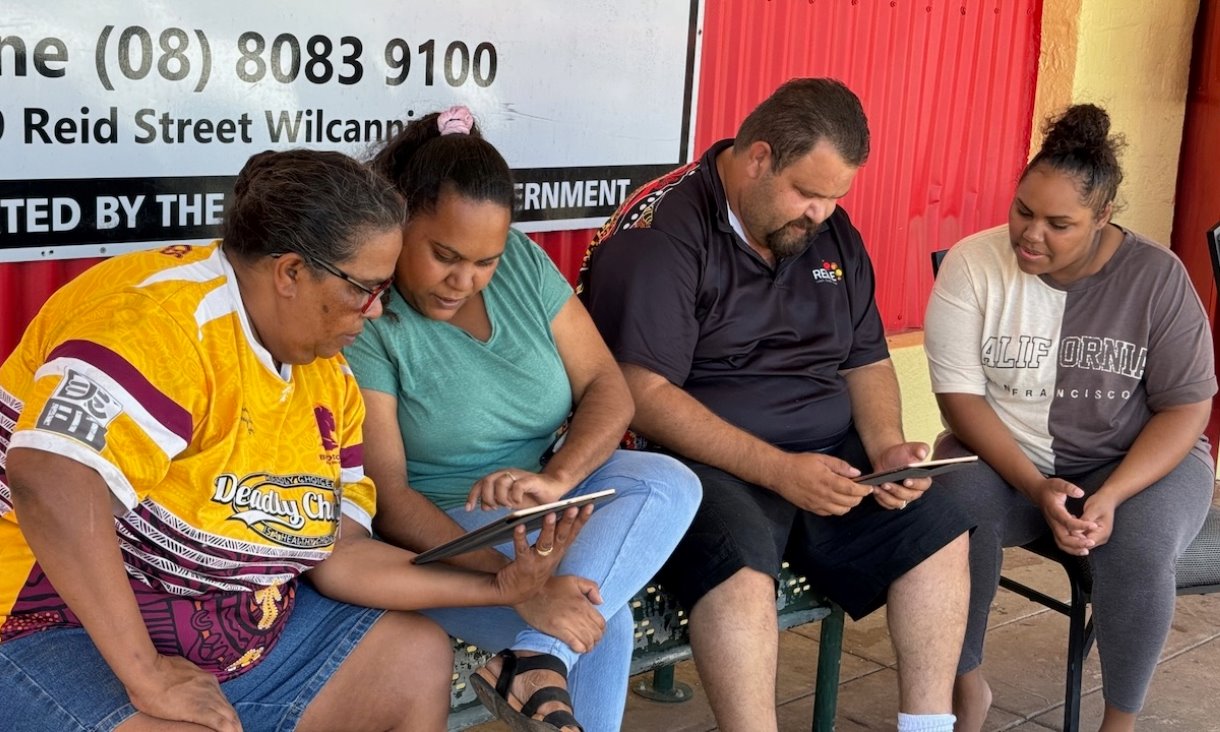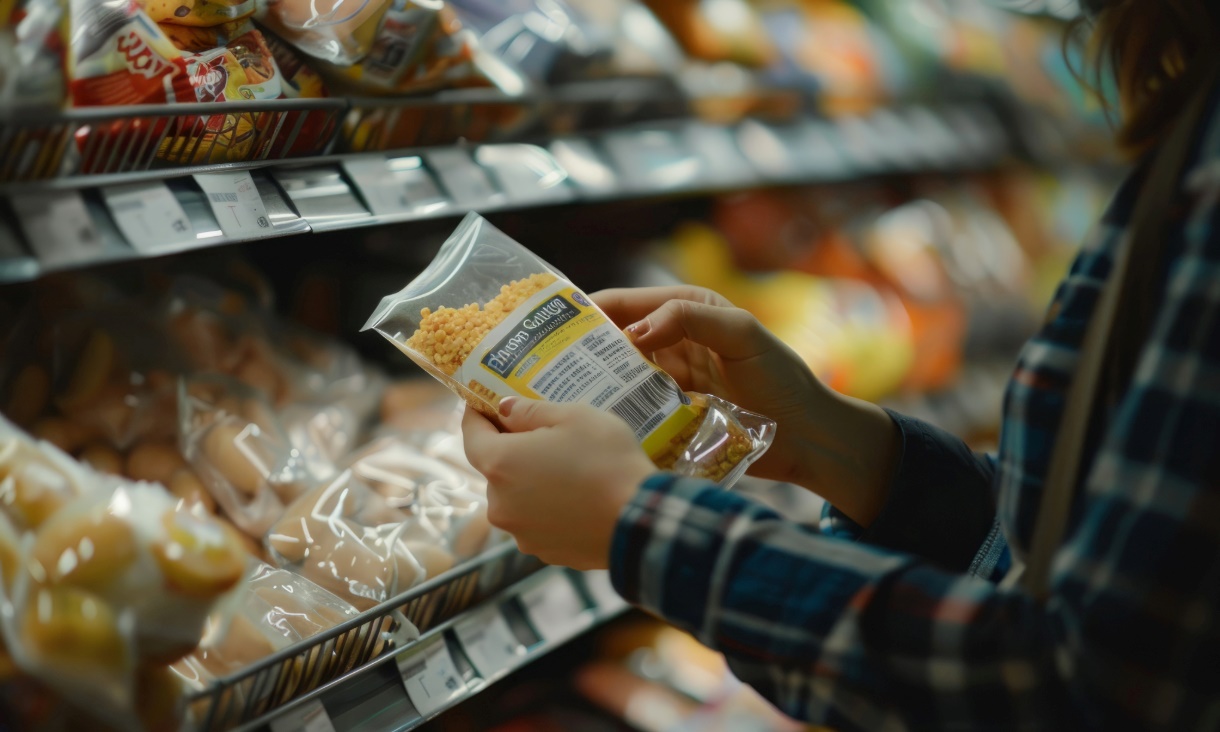AI-generated journalism falls short of audiences’ expectations: report
A new industry report has found audiences and journalists are growing increasingly concerned by generative artificial intelligence (AI) in journalism.
Funding of $6 million to support RMIT research to measure First Nations digital inclusion
The announcement is part of the Australian Government’s plan to invest $68 million to narrow the digital gap by supporting more First Nations communities to access the internet.
New screen industry courses to address critical skills shortages
RMIT and the Australian Film Television and Radio School (AFTRS) will deliver new short courses to address specific screen skills shortages in Victoria.
Australians confused about food date labels and storage advice, study finds
A new study has revealed Australians are wasting food because of unclear date labels and storage advice.




